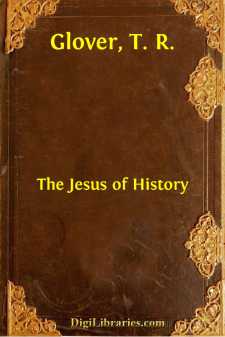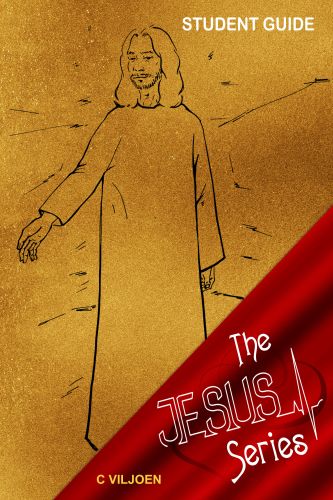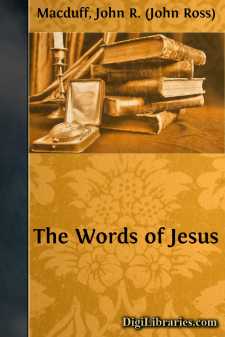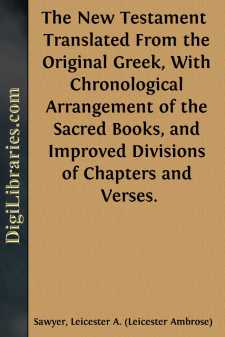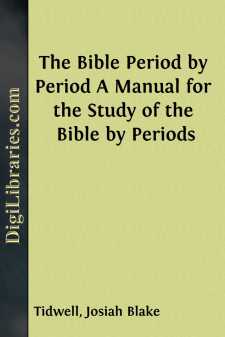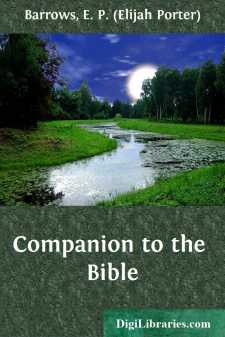Categories
- Antiques & Collectibles 13
- Architecture 36
- Art 48
- Bibles 22
- Biography & Autobiography 813
- Body, Mind & Spirit 142
- Business & Economics 28
- Children's Books 17
- Children's Fiction 14
- Computers 4
- Cooking 94
- Crafts & Hobbies 4
- Drama 346
- Education 46
- Family & Relationships 57
- Fiction 11829
- Games 19
- Gardening 17
- Health & Fitness 34
- History 1377
- House & Home 1
- Humor 147
- Juvenile Fiction 1873
- Juvenile Nonfiction 202
- Language Arts & Disciplines 88
- Law 16
- Literary Collections 686
- Literary Criticism 179
- Mathematics 13
- Medical 41
- Music 40
- Nature 179
- Non-Classifiable 1768
- Performing Arts 7
- Periodicals 1453
- Philosophy 64
- Photography 2
- Poetry 896
- Political Science 203
- Psychology 42
- Reference 154
- Religion 513
- Science 126
- Self-Help 84
- Social Science 81
- Sports & Recreation 34
- Study Aids 3
- Technology & Engineering 59
- Transportation 23
- Travel 463
- True Crime 29
Our website is made possible by displaying online advertisements to our visitors.
Please consider supporting us by disabling your ad blocker.
The Jesus of History
by: T. R. Glover
Categories:
Description:
Excerpt
CHAPTER I
THE STUDY OF THE GOSPELS
If one thing more than another marks modern thought, it is a new insistence on fact. In every sphere of study there is a growing emphasis on verification. Where a generation ago a case seemed to be closed, to-day in the light of new facts it is reopened. Matters that to our grandfathers were trivialities, to be summarily dismissed, are seriously studied. Again and again we find the most fruitful avenues opened to us by questions that another age might have laughed out of a hearing; to-day they suggest investigation of facts insufficiently known, and of the difficult connexions between them. In psychology and in medicine the results of this new tendency are evident in all sorts of ways—new methods in the treatment of the sick, new inquiries as to the origin of diseases and the possibilities of their prevention, attempts to get at the relations between the soul and body, and a very new open-mindedness as to the spiritual nature and its working and experiences. In other fields of learning it is the same.
To the modern student of man and his history the old easy way of excluding religion as an absurdity, the light prediction of its speedy, or at least its eventual, disappearance from the field of human life, and other dogmatisms of the like kind, are almost unintelligible. We realize that religion in some form is a natural working of the human spirit, and, whatever place we give to religion in the conduct of our own lives, as students of history we reckon with the religious instinct as a factor of the highest import, and we give to religious systems and organizations—above all, to religious teachers and leaders—a more sympathetic and a profounder study. Carlyle's lecture on Muhammad, in his course on "Heroes and Hero Worship," may be taken as a landmark for English people in this new treatment history.
The Christian Church, whether we like it or not, has been a force of unparalleled power in human affairs; and prophecies that it will no longer be so, and allegations that by now it has ceased to be so, are not much made by cautious thinkers. There is evidence that the influence of the Christian Church, so far from ebbing, is rising—evidence more obvious when we reflect that the influence of such a movement is not to be quickly guessed from the number of its actual adherents. A century and a quarter of Christian missions in India have resulted in so many converts—a million and a quarter is no slight outcome; but that is a small part of the story. All over India the old religious systems are being subjected to a new study by their own adherents; their weak points are being felt; there are reform movements, new apologetics, compromises, defences—all sorts of indications of ferment and transition. There can be little question that while many things go to the making of an age, the prime impulse to all this intellectual, religious, and moral upheaval was the faith of Christian missionaries that Jesus Christ would bring about what we actually see....


